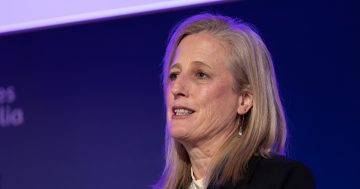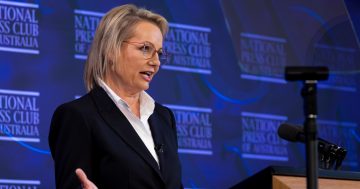 A leading Nigerian women’s organisation has described the proportion of female representation and participation in the Public Service and politics as “disheartening”.
A leading Nigerian women’s organisation has described the proportion of female representation and participation in the Public Service and politics as “disheartening”.
In a statement following a national seminar addressing the issue, Women in Management, Business & Public Service (WIMBIZ) said the national average of women’s participation in elective and appointed positions was 6.7 per cent, well below the African Regional Average of 23.4 per cent.
“Sadly, the situation continues to persist despite strong advocacy for gender equality and inclusive development by social movements and organisations and the commitment of the Federal Government to the National Gender Policy,” WIMBIZ said.
It said that when the current Government released its Ministerial appointees in 2019, only seven women made the list out of a total of 43 nominees.
“In the National Assembly, women constitute a mere 5.6 per cent of Members of the House of Representatives and 6.5 per cent of the Senate,” the Organisation said.
“This places Nigeria in 122nd position out of 144 countries in the Global Gender Gap Report of 2017 released by the World Economic Forum.”
It noted that in the country’s Public Service the situation was no better, as an example the recently-announced Nigerian Sovereign Investment Authority Board included no women.
“Being under-represented is in itself unfortunate…but regretfully, even when women are eventually appointed as leaders in the Nigerian Public Service or elected into political offices, they are often shamed for doing their jobs with transparency and integrity and disgraced without justification,” WIMBIZ said.
“There are countless examples of female leaders being unfairly targeted, harassed, taunted, bullied and attacked,” it said.
“Worse still, they are forced to deal with an unrelenting barrage of gender bias and deep-rooted misogyny.”
WIMBIZ said the under-representation of women in appointive and elective offices could not be attributed to an absence of capacity, capability or character.
“This is abundantly evident in diverse areas across the private sector where women continue to shatter glass ceilings and sit at the helm of affairs of major corporations and industries,” it said.
Abuja, 2 September 2021











